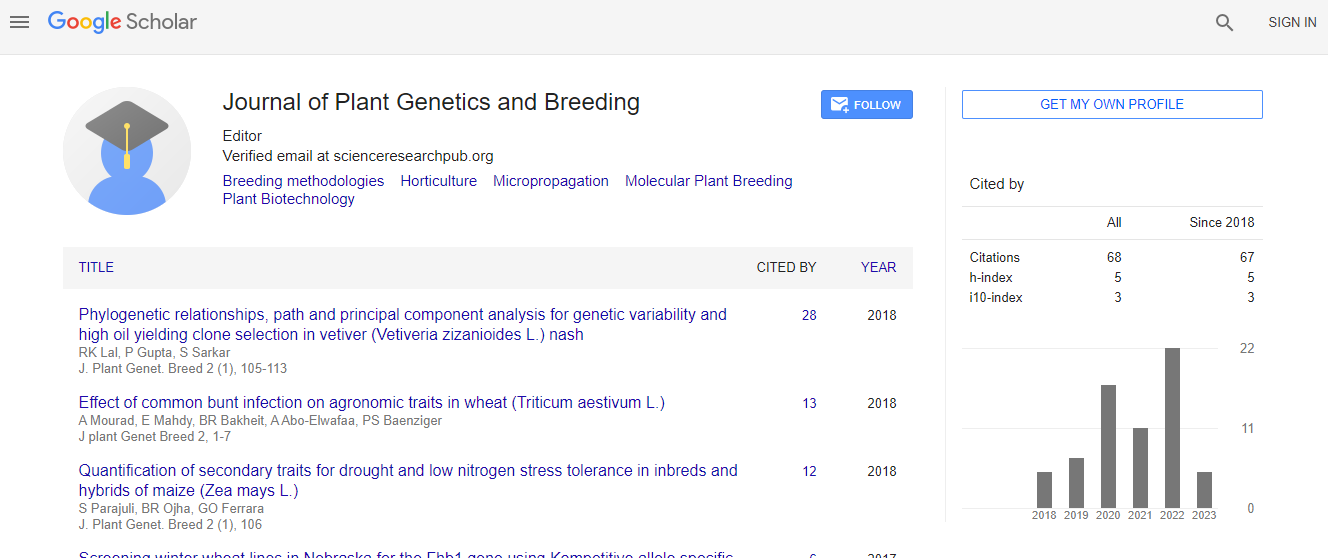Rural Farmersâ Activities in Global warming and Climate change in Ekiti State, Nigeria
*Corresponding Author:
Copyright: © 2020 . This is an open-access article distributed under the terms of the Creative Commons Attribution License, which permits unrestricted use, distribution, and reproduction in any medium, provided the original author and source are credited.
Abstract
Climate change has been reported to have been caused by human activities and its impacts on global economy and the citizen is devastating in nature. . This paper aims to identify various ways through which farmers in the rural community contributes to climate change and methods of coping with effects of climate change. This study made use of cocoa farmers in the zone because of their importance to national development in the State. A four stage sampling procedure was used to select 120 farmers from the study area. Interviewed schedule was used to collect data from the respondents while the data collected was analyzed using descriptive and inferential statistics .The finding revealed that majority (88%) were male while 92% were married. The mean age of the respondent was 50 years, with average household size and farm size of 6 and 3 respectively. 78% engaged in bush burning, 94% cut tree during cocoa seedling establishment. The respondent source of information about climate change include radio (88%), religions leader (85%) and extension (74%). The major indigenous adaptation strategies to climate change used by the respondent include Prayer to God (100%), cutting of branches of cocoa tree (99%), delaying drying (78%). delay harvesting (73%), mixed cropping (72%), plantain shade to seedling (71%), ritual (60%). The correlation analysis further shows positive relationship between Age (r= 0.38) and
use of indigenous adaptation strategies but negative relationship between education (r = -0.28) and the use of indigenous adaptation strategies. The study recommended the awareness campaign against bush burning, deforestation training on indigenous adaptation strategies and integration of indigenous practice into policy in order to ensure sustainable development

